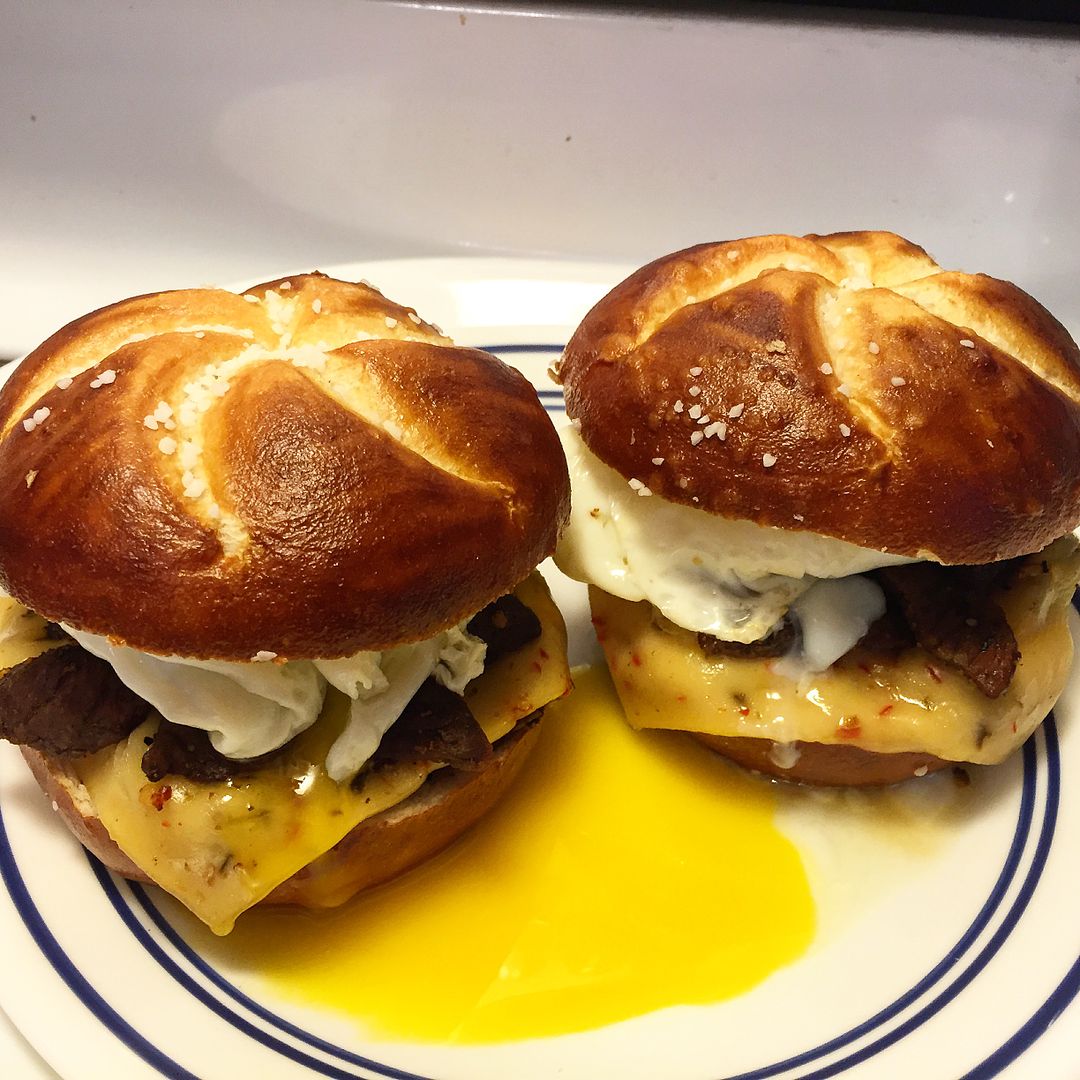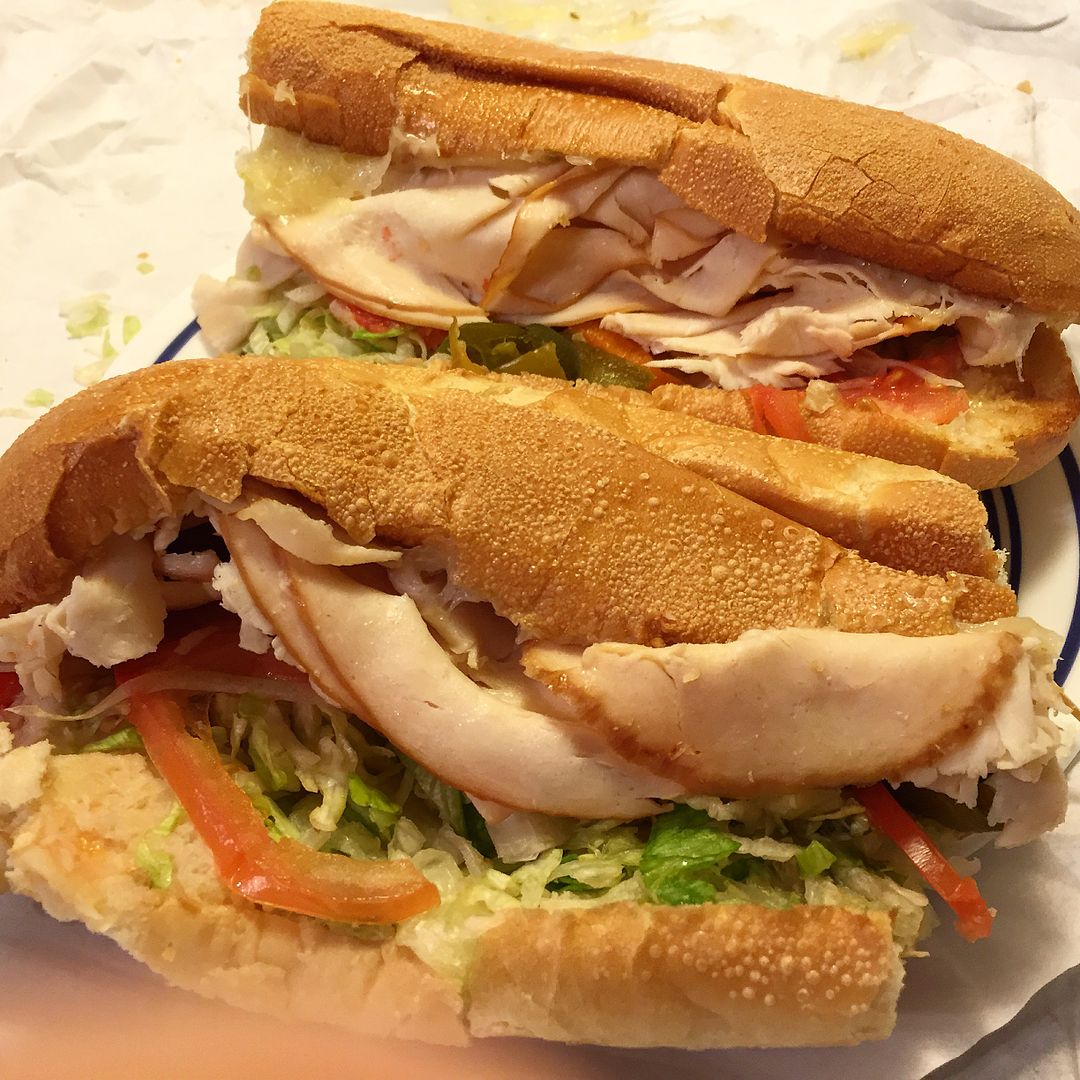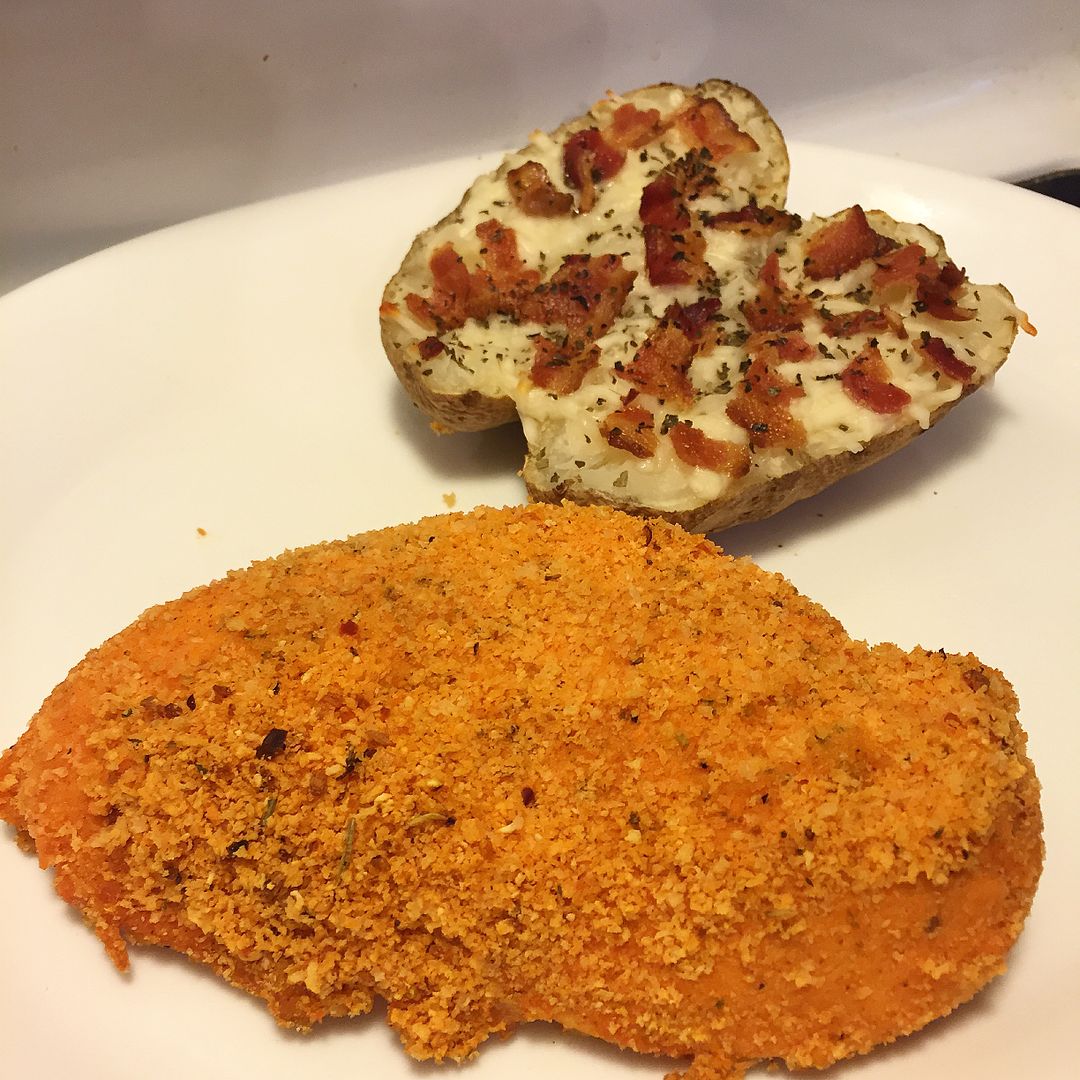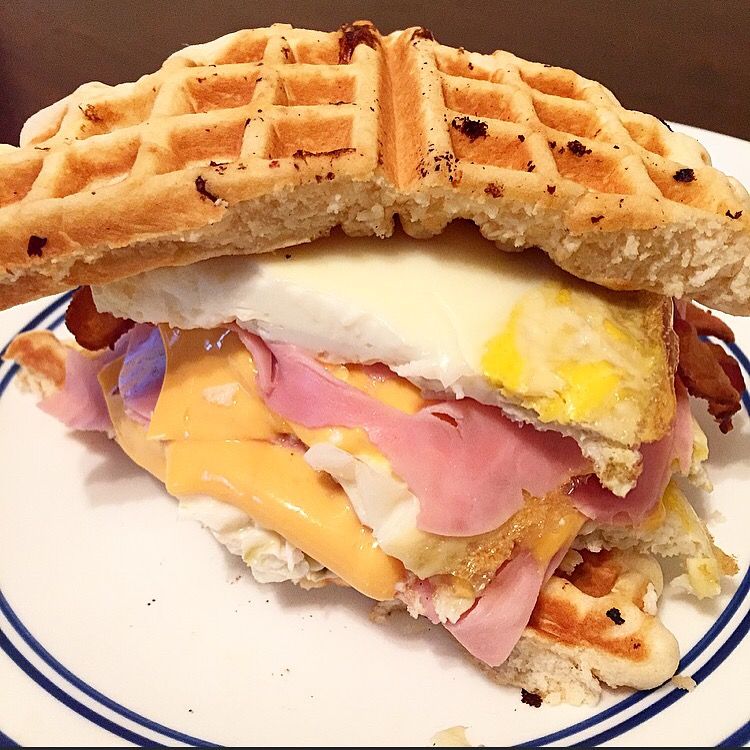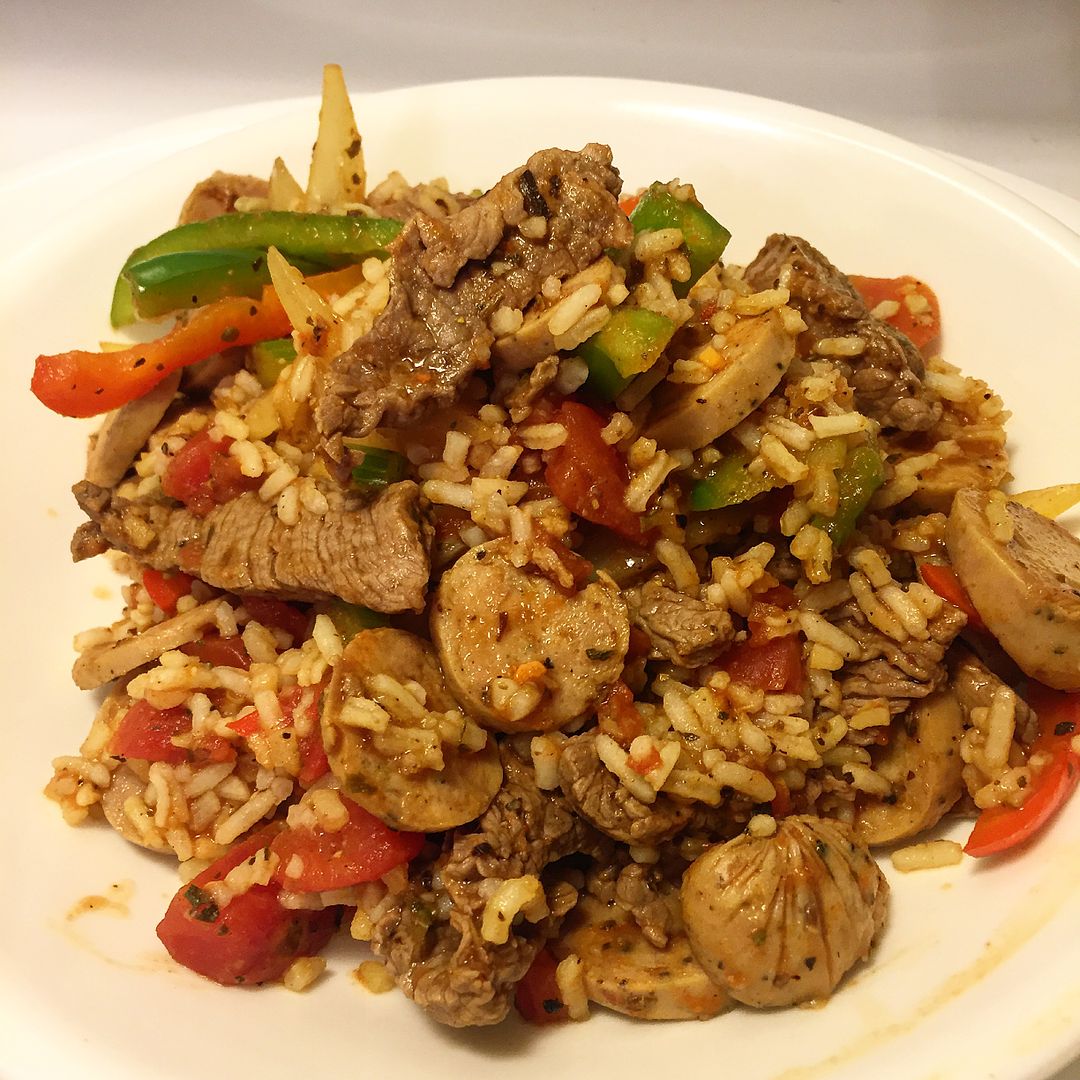That was the general consensus for a LONG time - fast carbs and protein needed PWO for insulin spike etc. That's why I was asking though. It appears more recent research has proved otherwise.
Correct
even Layne Norton debunked his own OLD research on needing to spike insulin or use nutrient voided carbs post-workout
"You do not need to neccessarily "spike" insulin for creatine to be maximally absorbed, but yes insulin is involved with the trasnsport.
FYI: The insulin and creatine studies I have seen up to this point have involved taking the glucose 30 minutes after the creatine. This may be because the insulin release from the dextrose doesn't entirely coincident with the pharmacokinetics of the creatine absorption.
Personally I think more consistent waves of insulin may be more anabolic than "spikes" anyway. This is because smoother waves of insulin more than likely affect ATP production more beneficially than "spikes" probably do. ATP is what rebuilds muscles and you want the most efficiency you can get here. I'm saying this because there is a delicate balance here between oxidative phosphorylation and lipogenesis (stimulated by acetyl COA carboxylase from HCO3-) in the mitochondrial in the presence of insulin. This "balance" I am talking about here is different for everyone though. Some people "shunt" over to lipgenesis so much sooner than other people. This has to do with other "global" processes happening in the body."
http://weightology.net/weightologyweekly/?page_id=319
The postexercise "anabolic window" is a highly misused & abused concept. Preworkout nutrition all but cancels the urgency, unless you're an endurance athlete with multiple glycogen-depleting events in a single day. Getting down to brass tacks, a relatively recent study (Power et al. 2009) showed that a 45g dose of whey protein isolate takes appx 50 minutes to cause blood AA levels to peak. Resulting insulin levels, which peaked at 40 minutes after ingestion, remained at elevations known to max out the inhibition of muscle protein breakdown (15-30 mU/L) for 120 minutes after ingestion. This dose takes 3 hours for insulin & AA levels to return to baseline from the point of ingestion. The inclusion of carbs to this dose would cause AA & insulinlevels to peak higher & stay elevated above baseline even longer.
So much for the anabolic peephole & the urgency to down AAs during your weight training workout; they are already seeping into circulation (& will continue to do so after your training bout is done). Even in the event that a preworkout meal is skipped, the anabolic effect of the postworkout meal is increased as a supercompensatory response (Deldicque et al, 2010). Moving on, another recent study (Staples et al, 2010) found that a substantial dose of carbohydrate (50g maltodextrin) added to 25g whey protein was unable to further increase postexercise net muscle protein balance compared to the protein dose without carbs. Again, this is not to say that adding carbs at this point is counterproductive, but it certainly doesn't support the idea that you must get your lightning-fast postexercise carb orgy for optimal results.
To add to this... Why has the majority of longer-term research failed to show any meaningful differences in nutrient timing relative to the resistance training bout? It's likely because the body is smarter than we give it credit for. Most people don't know that as a result of a single training bout, the receptivity of muscle to protein dosing can persist for at least 24 hours:
http://www.ncbi.nlm.nih.gov/pubmed/21289204
http://www.ncbi.nlm.nih.gov/pubmed/15277409
http://www.ncbi.nlm.nih.gov/pubmed/17617942
For most of us who train with an intra-workout BCAA or pre-workout meal there is stil food overlap as i touched in the other thread, do we need to spike insulin? absolutely not, food is still digesting, aminos are still present, so do we really need simple carbs post-workout not really..
Could they be optimal .. sure why not? but remember the total calories/macros if meeting your protein/fat/fiber minimums on a daily basis are optimal for your goal.
more:
he postexercise "anabolic window" is a highly misused & abused concept. Preworkout nutrition all but cancels the urgency, unless you're an endurance athlete with multiple glycogen-depleting events in a single day. Getting down to brass tacks, a relatively recent study (Power et al. 2009) showed that a 45g dose of whey protein isolate takes appx 50 minutes to cause blood AA levels to peak. Resulting insulin levels, which peaked at 40 minutes after ingestion, remained at elevations known to max out the inhibition of muscle protein breakdown (15-30 mU/L) for 120 minutes after ingestion. This dose takes 3 hours for insulin & AA levels to return to baseline from the point of ingestion. The inclusion of carbs to this dose would cause AA & insulin levels to peak higher & stay elevated above baseline even longer.
So much for the anabolic peephole & the urgency to down AAs during your weight training workout; they are already seeping into circulation (& will continue to do so after your training bout is done). Even in the event that a preworkout meal is skipped, the anabolic effect of the postworkout meal is increased as a supercompensatory response (Deldicque et al, 2010). Moving on, another recent study (Staples et al, 2010) found that a substantial dose of carbohydrate (50g maltodextrin) added to 25g whey protein was unable to further increase postexercise net muscle protein balance compared to the protein dose without carbs. Again, this is not to say that adding carbs at this point is counterproductive, but it certainly doesn't support the idea that you must get your lightning-fast postexercise carb orgy for optimal results.
To add to this... Why has the majority of longer-term research failed to show any meaningful differences in nutrient timing relative to the resistance training bout? It's likely because the body is smarter than we give it credit for. Most people don't know that as a result of a single training bout, the receptivity of muscle to protein dosing can persist for at least 24
http://www.ncbi.nlm.nih.gov/pubmed/21289204
Here's what you're not seeming to grasp: the "windows" for taking advantage of nutrient timing are not little peepholes. They're more like bay windows of a mansion. You're ignoring just how long the anabolic effects are of a typical mixed meal. Depending on the size of a meal, it takes a good 1-2 hours for circulating substrate levels to peak, and it takes a good 3-6 hours (or more) for everythng to drop back down to baseline.
You're also ignoring the fact that the anabolic effects of a meal are maxed out at much lower levels than typical meals drive insulin & amino acids up to. Furthermore, you're also ignoring the body's ability of anabolic (& fat-oxidative) supercompensation when forced to work in the absence of fuels. So, metaphorically speaking, our physiology basically has the universe mapped out and you're thinking it needs to be taught addition & subtraction.

